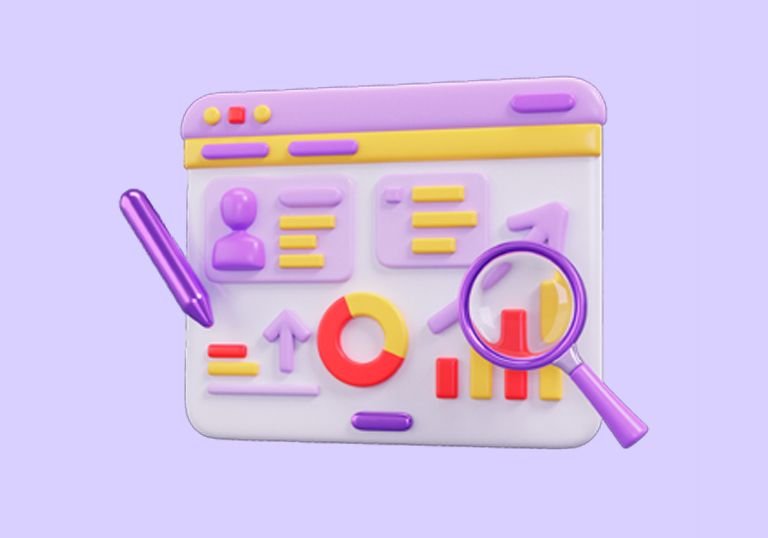In today’s digital learning age, the Learning Management System (LMS) has become the heart of modern education and corporate training. Whether it is a school, a university, or a business, everyone wants a system that helps them to manage learning easily. But not all LMS platforms are the same. A custom LMS can be specially designed for your needs. But what facilities should each custom LMS have?
In this blog, we will explore the way Custom LMS features, the latest LMS development trends for 2025, and the way to select the correct LMS development company in India for our project.
What Is a Custom LMS?
A custom LMS is a learning management system designed to meet your specific learning and training requirements. Unlike finished solutions, custom LMS development allows you to add, remove, or modify the features according to your goals. Whether you are training employees in online classes or a company, a custom LMS can work in the same way you want.Why Go for Custom LMS Development?
The off-the-shelf LMS platforms often come with boundaries. They may have unnecessary equipment or missing major features. Custom LMS ensures development:- Better user experience
- Full control over design and features
- Scalability for future needs
- Stronger security
- Better integration with other tools
1. Easy-to-Use Interface
The most basic and important feature is an easy-to-use interface. Whether the user is a teacher, student, employee, or administrator, they should be able to use LMS without confusion. A good interface should have:- Simple navigation
- Clear icons and buttons
- Quick access to learning content
- Dashboard for progress tracking
2. Mobile Learning Support
In 2025 and beyond, people want to learn on the go. Your LMS must be mobile-friendly. It should work smoothly on phones and tablets, not just computers. Key mobile features include:- Responsive design
- Mobile apps (Android and iOS)
- Offline learning options
- Push notifications for reminders
3. Personalized Learning Paths
One-size-fits-all does not work in education. A strong custom LMS offers personalized learning paths based on the learner’s level, goals, and past performance. For example:- A beginner sees basic content
- An expert sees advanced lessons
- Learners can move at their speed
4. Gamification Elements
Gamification is one of the most exciting LMS development trends for 2025. It makes learning fun and keeps users engaged. Features include:- Points and badges
- Leaderboards
- Quizzes and challenges
- Unlocking levels or achievements
5. Progress Tracking and Reports
Each LMS should track the progression of learning. The learners want to know how they are doing, and the teacher or manager wants to measure the results. Must-have tools include:- Progress bars
- Gradebook
- Performance reports
- Certificates after completion
6. Multimedia Content Support
Your LMS should support different types of content, like:- Text documents
- Videos
- Images
- Presentations
- Interactive quizzes
7. Live Classes and Video Conferencing
Especially in 2025, live classes are a must. A custom LMS should allow easy integration with tools like Zoom, Microsoft Teams, or Google Meet. Features to include:- Schedule live sessions
- Join directly from LMS
- Record sessions
- Share screens and files
8. Assessments and Quizzes
Testing knowledge is key in learning. Your custom LMS must include:- Multiple quiz formats (MCQs, short answer, true/false)
- Timed tests
- Auto-grading
- Instant feedback
9. Role-Based Access Control
Not everyone should see or do everything on the platform. Role-based access allows different features for different users. For example:- Students can access courses
- Teachers can create content and check progress
- Admins can manage users and settings
10. Integration with Other Tools
A modern LMS should connect easily with other software and tools like:- CRM systems
- Email platforms
- HR software
- Payment gateways
- Cloud storage like Google Drive or Dropbox
11. SCORM and xAPI Compliance
SCORM and xAPI are global standards for e-learning. Your LMS should support these so you can upload courses made by third-party tools. Why this matters:- Reuse old content
- Move content between systems
- Track learning more deeply
12. Multi-Language Support
If your learners are from different countries or speak different languages, this feature is vital. Your LMS should allow:- Interface in multiple languages
- Courses in different languages
- Easy switching between languages
13. Notifications and Reminders
Automated notifications help learners stay on track. The system should send:- Class reminders
- Assignment deadlines
- Course completion alerts
- Certificate notifications
14. Data Security and Privacy
As more learning happens online, protecting user data becomes important. Choose strong security features like:- SSL certificates
- Secure login (2FA)
- Data backups
- GDPR or other legal compliance
15. Analytics and Insights
The future of LMS depends on data. Your system should offer deep insights into:- Learner behavior
- Course popularity
- Time spent on each module
- Drop-off rates
LMS Development Trends 2025
As technology changes, so do LMS platforms. Here are the top trends you should watch for in 2025:- AI-Powered Learning: Smart suggestions based on user behavior
- Microlearning: Short, focused lessons that are easier to digest
- Voice-Enabled Learning: Using voice commands to navigate and learn
- AR/VR Integration: Real-world simulation for immersive training
- Blockchain Certificates: Secure and verifiable course completion proof
Why Choose an LMS Development Company in India?
India has become a hub for software development, and LMS development services are no different. Here’s why you should consider working with an LMS development company in India:- Cost-effective solutions
- Skilled developers and designers
- Experience in custom LMS development
- 24/7 support
- Faster turnaround time


